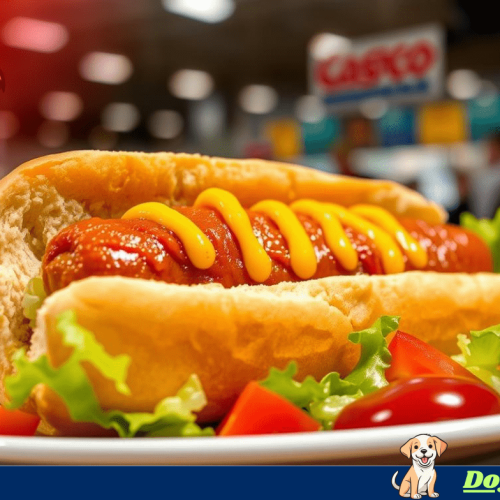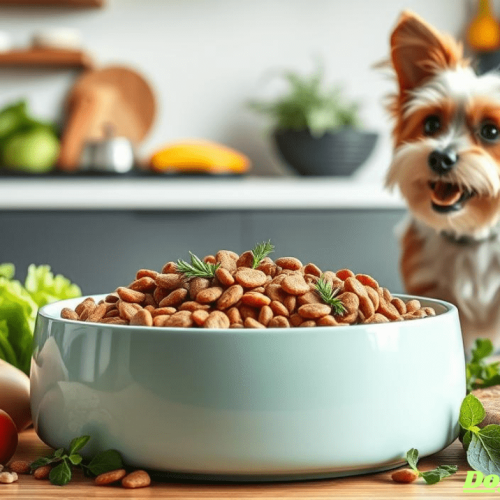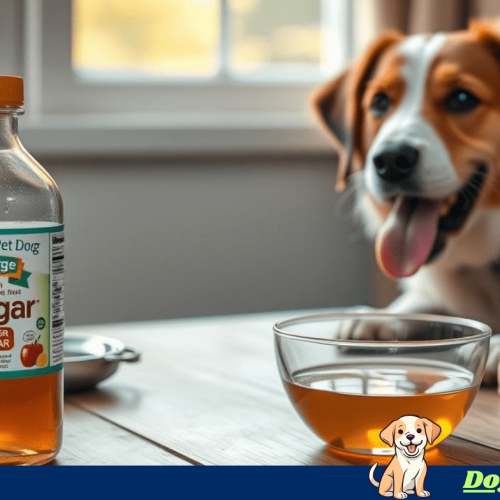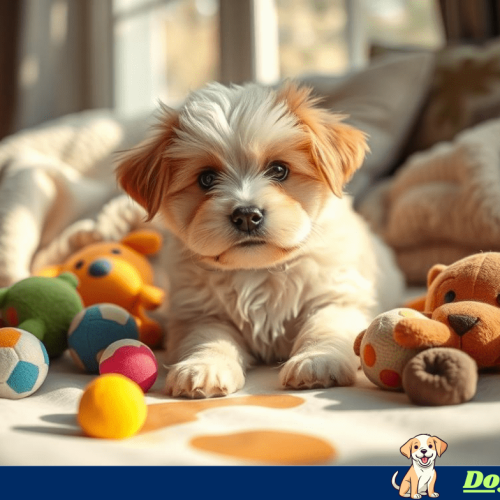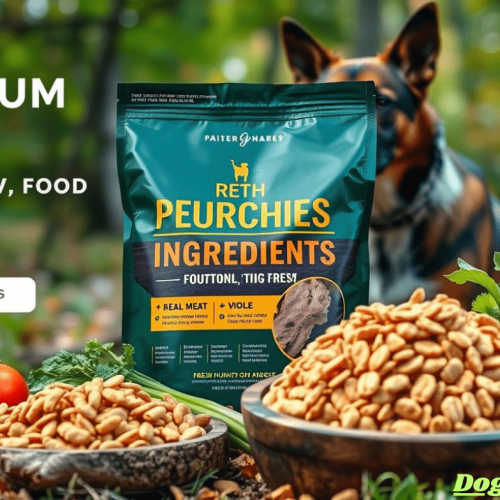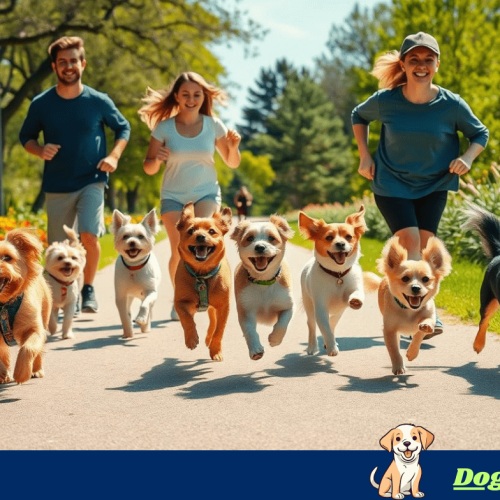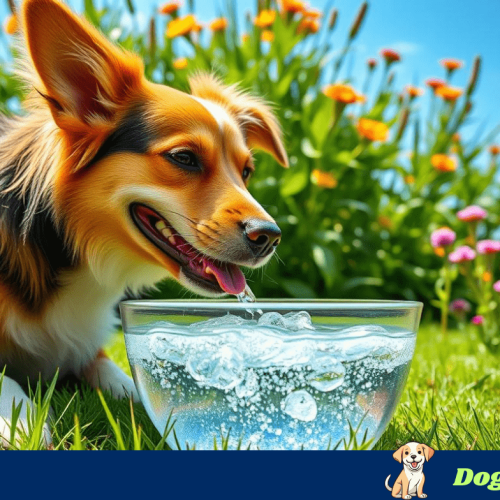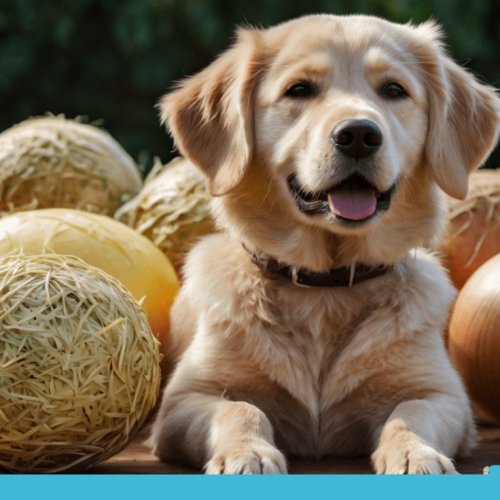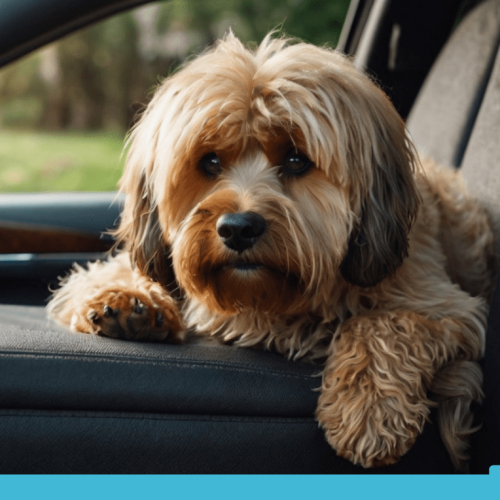Table of Contents
ToggleWhy Does My Dog Act Different After Vaccination?
Dog vaccines are a necessity to provide your dog with the best life and give them as healthy of a supporting environment that you can! Therefore, if your puppy seems lackadaisical after his shots — what then? For a lot of dog owners, the post vaccine onset change in behavior can be an incredibly perplexing and distressful time. In this blog demystified, we embark on the behaviour changes and why they are presented, give you a run through of what to expect in acute cases as well some helpful hint how your pet can feel better soon.It is very important to know the Dog Behavior Change After Vaccination
Vaccination for pets is really important; however, it can cause minor behavioral changes in your dog. Announcing these adjustments and what you can do to help your furry friend during this period in the article.
Here Is Why Vaccinations Are Important
There can be serious consequences of neglecting to vaccinate your pet for many diseases a dog is likely to contract. They promote the growth of a pet’s immune system by showing their body how to develop antibodies that fight off infection without making them sick. This is crucial to protect from diseases including rabies, distemper, parvovirus etc.
That being said, vaccines can cause side effects; therefore behavioural changes are not uncommon. It is important to note that these changes are usually benign and self resolving.
Common Behavioral Changes After Vaccination
Dogs may exhibit a variety of behavioural changes after receiving vaccinations. These changes can be subtle or more noticeable, depending on your dog’s temperament and overall health. Some common behaviours include lethargy, irritability, decreased appetite, and increased clinginess.
Understanding these common changes can help you better support your dog during this time and ensure its quick and comfortable recovery.
Lethargy and Fatigue
One of the most common behavioural changes in dogs post-vaccination is lethargy. Your dog may seem tired, less playful, and show a lack of interest in activities they usually enjoy. This change is generally temporary and can last for a day or two.
Lethargy is a natural response to the vaccination as your dog’s body works to develop immunity. Ensure your dog has plenty of rest, fresh water, and a comfortable space to recuperate.
Increased Irritability
Some dogs may become more irritable after receiving their vaccinations. They might be more sensitive to touch, growl, or snap when approached. This behaviour can be a result of mild discomfort or pain at the injection site.
To help your dog through this period:
- Please provide them with a calm and quiet environment.
- Avoid unnecessary handling and give them space to relax.
- If the irritability persists beyond a few days, consult your veterinarian.
Decreased Appetite

Your dog may experience a temporary loss of appetite following its vaccination. This change is usually short-lived and should resolve within a day or two. However, it’s essential to monitor your dog’s eating habits during this time.
Encourage your dog to eat by offering their favourite foods or warming their meals slightly. If their appetite does not improve after a couple of days, contact your veterinarian for advice.
Increased Clinginess
Some dogs may become more clingy and seek extra attention after their vaccinations. This behaviour can be a sign of mild discomfort or anxiety. Providing comfort and reassurance can help your dog feel more secure during this period.
Spend extra time cuddling and comforting your dog, and try to maintain a consistent routine to help them feel more at ease.
Pain and Swelling at the Injection Site
It’s not uncommon for dogs to experience pain and swelling at the injection site. This discomfort can cause them to favour one side of their body or avoid specific movements. The swelling should subside within a few days.
You can help alleviate this discomfort by applying a cold compress to the area for short periods. If the pain and swelling persist or worsen, contact your veterinarian.
Mild Fever
Another potential side effect of vaccinations is a mild fever. Your dog may feel warmer to the touch, pant more than usual, or drink more water. A mild fever typically resolves within 24 to 48 hours.
Ensure your dog stays hydrated and provide a relaxed, comfortable place for them to rest. If the fever persists or your dog appears to be in distress, consult your veterinarian.
Understanding the Vaccination Process

It’s essential to know how the vaccination process works to better understand why these behavioural changes occur. When a vaccine is administered, it stimulates your dog’s immune system to produce antibodies against the disease. This immune response can cause temporary side effects as the body adjusts.
By understanding this process, you can better appreciate the importance of vaccinations and the temporary nature of any behavioural changes.
How to MinimizeMinimize Post-Vaccination Discomfort
Several steps can minimize your dog’s discomfort after vaccination. Ensuring they are well-hydrated, providing a calm environment, and monitoring their behaviour can all help. Additionally, keeping up with regular vet visits and following your vet’s recommendations can make the vaccination process smoother.
If you have concerns about your dog’s reaction to a vaccine, don’t hesitate to discuss them with your veterinarian. They can provide guidance and suggest ways to make the experience more comfortable for your pet.
When to Contact Your Veterinarian
While most post-vaccination behavioural changes are temporary, there are instances when you should contact your veterinarian. If your dog’s behaviour doesn’t improve within a few days or if they exhibit severe symptoms like difficulty breathing, persistent vomiting, or swelling, seek veterinary care immediately.
Your veterinarian can assess your dog’s condition and provide appropriate treatment to ensure their well-being.
The Role of Routine Monitoring
Monitoring your dog’s behaviour and overall health after vaccination is crucial. Watch forWatch for any changes and note how long they last. This information can be helpful when discussing your dog’s health with your veterinarian.
Routine monitoring also allows you to address any issues promptly, ensuring your dog remains healthy and comfortable.
Building a Positive Association with Vet Visits

Creating a positive association with vet visits can help reduce your dog’s anxiety and improve its overall experience. Bring your dog’s favourite treats and toys, and provide plenty of praise and reassurance during the visit.
A positive experience at the vet can make future visits less stressful and help your dog feel more comfortable during vaccinations and other procedures.
Maintaining a Healthy Lifestyle
Maintaining a healthy lifestyle for your dog can help minimize the impact of post-vaccination behavioural changes. Ensure they receive a balanced diet, regular exercise, and mental stimulation. A healthy, well-cared-for dog is more likely to recover quickly from any temporary side effects.
Incorporating these practices into your dog’s daily routine can contribute to their overall well-being and happiness.
Conclusion about Dog Behavior Change After Vaccination
Vaccinations are essential for keeping your dog healthy and protected from various diseases. While temporary behavioural changes can occur, understanding why they happen and how to support your pet can make the process smoother.
By following the tips outlined in this blog post, you can help your dog recover quickly and comfortably. Remember, if you have any concerns, don’t hesitate to reach out to your veterinarian. They are there to support you and your furry friend every step of the way.
Also Read : Dog Life Info


